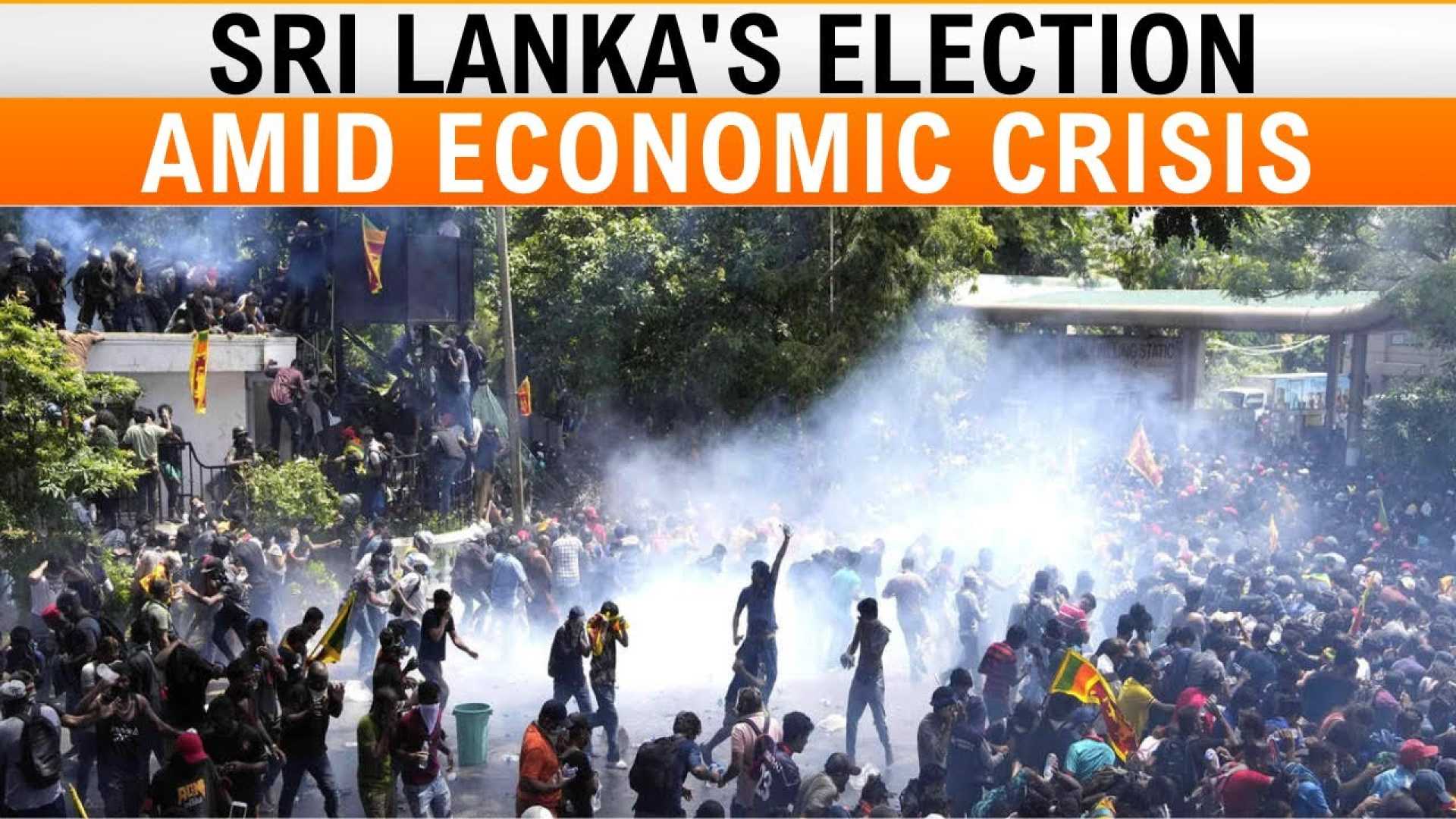News
Sri Lanka Presidential Election Underway Amidst Economic Turmoil

Polling stations have closed in Sri Lanka as citizens cast their votes in the presidential election, the first since mass protests led to the ousting of the country’s leader in 2022. The election is widely viewed as a referendum on the implementation of economic reforms aimed at recovering from the nation’s unprecedented financial crisis. However, economic challenges persist for many voters due to tax increases and cuts to subsidies and welfare.
Soumya Bhowmick, an associate fellow at the Observer Research Foundation, conveyed to the BBC, “The country’s soaring inflation, skyrocketing cost-of-living and poverty have left the electorate desperate for solutions to stabilize prices and improve livelihoods.” Bhowmick further remarked on the election’s significance as a decisive moment for shaping Sri Lanka’s recovery path and restoring both domestic and international confidence in its governance.
President Ranil Wickremesinghe, tasked with leading Sri Lanka out of economic collapse, is seeking re-election with the promise of stability. Meanwhile, Anura Kumara Dissanayake, a leftist politician, is gaining traction with his anti-corruption campaign. Opposition leader Sajith Premadasa, along with Namal Rajapaksa, the nephew of the former ousted president, is also a prominent contender amongst a record number of more than three dozen candidates.
The last months of the Gotabaya Rajapaksa administration were marred by economic instability, leading to widespread public protests known as the “Aragalaya” movement. Economic mismanagement, compounded by the Covid-19 pandemic, led to foreign reserves depletion, soaring inflation, and public debt surpassing $83 billion. This resulted in severe shortages in basic necessities, prompting mass protests that eventually removed Rajapaksa from power.
Following the ousting, President Wickremesinghe implemented stringent austerity measures, which included tax hikes that are unpopular among the populace. “I’ve taken this country out of bankruptcy,” Wickremesinghe declared after casting his vote. He asserted his commitment to delivering a developed economy, social system, and political system.
Amidst the economic crisis, Anura Kumara Dissanayake of the Janatha Vimukthi Peramuna (JVP) has seen increased support. Despite JVP’s past failed uprisings, Dissanayake’s anti-corruption stance has resonated with voters seeking political change. Both Dissanayake and Premadasa have promised to renegotiate the terms of the current IMF rescue package to improve austerity conditions.
An election commission official, citing provisional figures to AFP, noted a nearly 70 percent voter turnout just before polling stations closed. The election is unprecedented in perceived competitiveness, with predictions suggesting a need for a second round of counting if no candidate secures an outright majority.
The economic condition remains a crucial factor, as official data indicates the poverty rate has doubled, affecting over 2.5 million people since the crisis began. Although economic reforms have shown some progress, Sri Lanka is still grappling with its vulnerabilities, particularly the $46 billion foreign debt that remains unpaid since 2022’s default.
Counting commenced with postal votes after the polling stations closed, with results expected to be clarified by Sunday morning. Authorities have imposed an overnight curfew citing public safety, and stringent measures such as a ban on liquor sales and restrictions on victory celebrations have been put in place to maintain order post-election.












